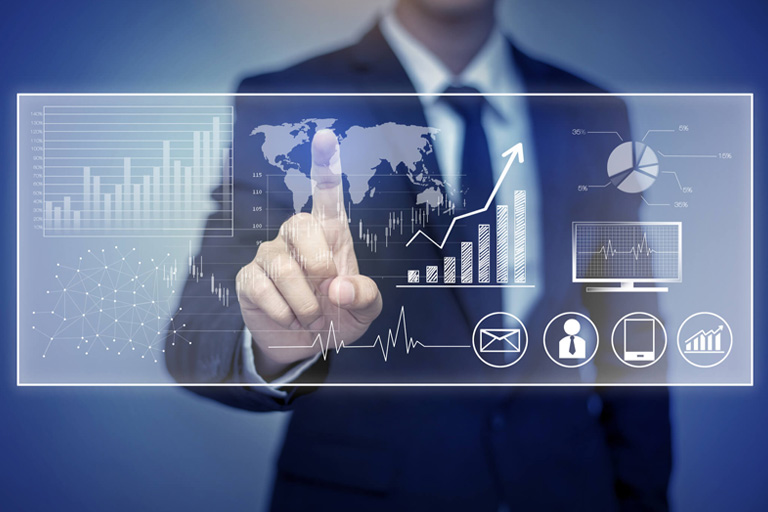How to Ensure Your Medical Data Stays Secure
Keeping your medical data safe is a high priority. Not only do your medical records contain sensitive and personal information about your history and any current medical problems and treatments, but your identifying information is always included as well. Your name, contact information, social security number, and financial data is used to keep track of your case and as a way for medical personnel to identify you and keep in contact.
Because of the vast amount of information kept in these records, medical data is at high risk for being hacked. Opportunists use any and all means necessary to steal identities and gain access to your social security number. They can use this information to their advantage to wrack up debt in your name and ruin your credit, in addition to putting your sensitive information into the wrong hands to be viewed by many people.
It’s important that you take the necessary measures to prevent this from happening. Fortunately, there are some steps you can take to minimize the risk of having your information stolen.
Be Wary of Sharing Your Information
Never give out your medical or personal information to anyone, unless you are completely sure of the validity of the organization they are from. Reputable companies and healthcare facilities will always identify themselves by name and have security measures in place to verify their identity and yours. They will never leave vague requests for sensitive information by email or phone call.
If you are ever in doubt as to whether or not the person requesting your data is reliable and true, request written confirmation through the mail, through the company website where you can have an account, or visit the facility in person.
Secure Your Computer and Devices
Since most medical records are now available electronically, it is a good idea to keep your computer, cell phone, and other devices protected. Don’t leave your devices open or unattended in public places. Secure your accounts with passwords and always log out when you are finished. You should also keep current virus protection on all your devices to guard against hackers and prevent malware and viruses that can access your information or even demand financial ransom in exchange for the return of stolen data.
While passwords are a common mechanism for protecting electronic data, they can be easily guessed, and many people don’t take care to keep them hidden and safe. A better alternative is a Multi-Factor authentication system. MFA solutions replace passwords and are a more secure way to protect yourself. They involve verifying your identity by providing a code that is scanned with a mobile device to allow you to access your records. This is a safe and convenient method for most people to use. It doesn’t require any memorization of pins and passwords. You need only to scan the code to verify that you are an authorized individual
Lock Up Paper Documents
Many people still choose to keep paper records for themselves. Perhaps you prefer to have a hard copy of important documents to reference, or you just are not comfortable retrieving everything you need electronically. Whatever the reason, keeping physical documents requires another type of security.
Never leave any paperwork laying around, especially outside your home. Documents can be easily stolen, copied, or sensitive information viewed, and you would never know it. If you bring along papers to your workplace or doctor’s office, keep them on your person at all times.
For those records that you have in your home, make sure that they are locked up and can’t be easily accessed. A locked filing cabinet, or even a safe, are good options that will prevent theft and make sure you stay secure.
The importance of medical documents means that you will need to find some way to have access to them. They contain vital information that you need to communicate with medical billers, hospitals, insurance companies, and others. As long as you are careful, and vigilant, you can keep this date accessible and secure.
































